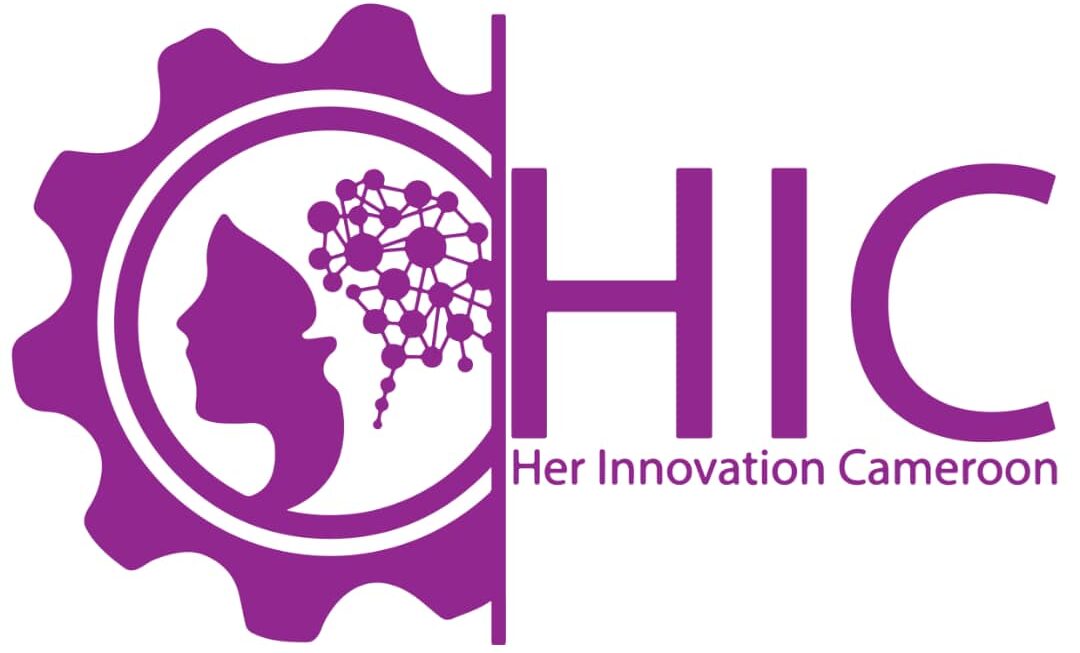The world has evolved greatly due to the rapid advancement in science and technology. This was greatly evident with the industrial revolution and production of vaccines and medicines. More so, the twenty first century has experienced a surge in technology and the internet, turning the world into a global village. Unfortunately, Africa seems to lag behind in these trends.
In the face of the Covid 19 outbreak, food scarcity, global warming and need for a planet friendly energy; Africa is in dire need of advancement in science and technology. As such, all hands on deck in the needed to uplift Africa. Unfortunately, the African woman has been sidelined in the field of STEM education and participation. Gender norms and cultural beliefs have prevented the African woman from blooming to their full potentials which would have been very beneficial for the continent. According to UNESCO statistics, only 30% of the Sub-Saharan tech workforce are women. In Cameroon in particular, only 35% of the students studying STEM in higher education globally are women. This too is witnessed in the different STEM fields where only 3% of female students in higher education choose information and communication technologies (ICT) studies. .Addressing the low representation and participation of girls and women in STEM studies and careers is critical to building inclusive and sustainable societies.
Another reason why women are underrepresented in the STEM fields results from stereotypes about what someone in a STEM field should look and act like. This has caused established members of these fields to overlook female individuals who are highly competent. The stereotypical scientist or STEM profession is usually thought to be male and often do not fit the public’s perception of what a scientist, engineer, or mathematician “should” look like. In addition, negative stereotypes about women’s quantitative abilities have lead people to devalue their work or discourage these women from continuing in STEM fields.
Recent happenings of civil unrest in the continent has made the proportion of female to male very high and the male population is highly at risk to death and incarceration. This makes it even more imperative for women to be at the forefront of STEM fields. With women at the forefront, we expect the Science to function at its best because it will consider a wide range of diverse perspectives. When scientific fields exclude women, they exclude a wide range of extremely talented future scientists, as well as fresh perspectives that could be used to approach old scientific problems. In general, research has shown that diverse workplaces are happier and more productive, suggesting that STEM organizations could do better for themselves by being more inclusive. In addition, there is a strong demand for qualified professionals in STEM. Therefore, encouraging girls and women to get involved in STEM is becoming an imperative for Governments, the African Union and many other organizations.
Not only can bringing more women into STEM fields improve the quality of work being done in those fields, but it will also open up great career opportunities for many women. The starting salaries of STEM jobs are among the highest in the world. . Getting more women into well-paying STEM fields can help to close the gender pay gap. Female education in STEM includes child and adult female represented in the fields of science, technology, engineering, and mathematics (STEM). Having more women in STEM fields is desirable because it would help bring about sustainable development in Africa. With more girls and women learning Basics Sciences will lead to a faster economic growth.
